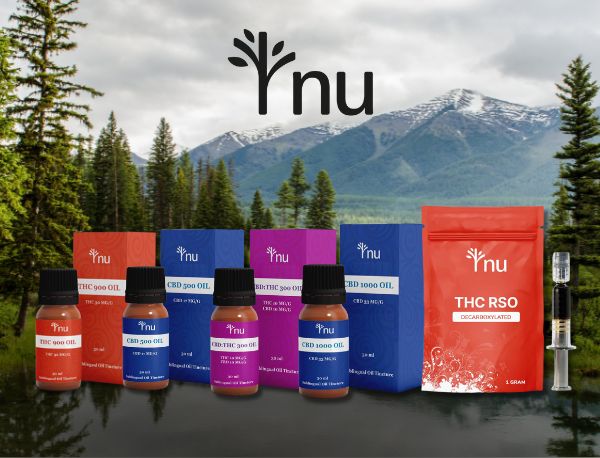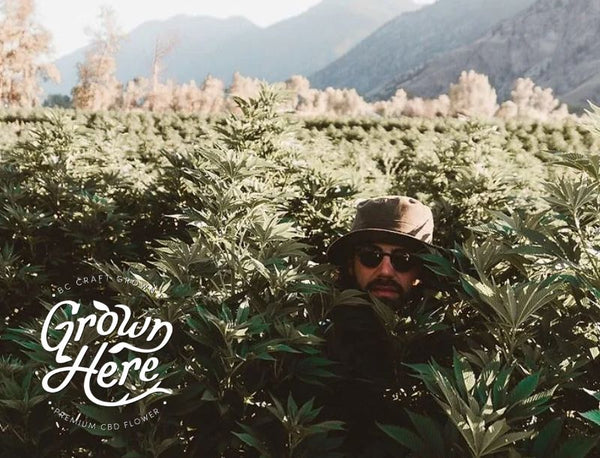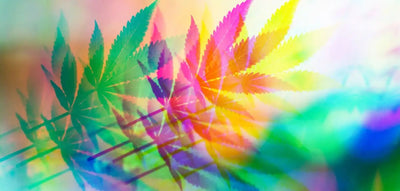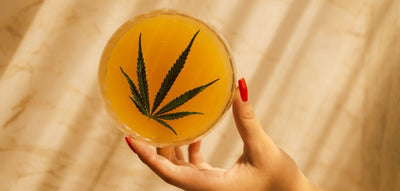Canada’s cannabis marketplace, redefined
Experience Craft Cannabis Like Never Before
New Products
Featured Brands
Champions of Craft Cannabis Since 2015
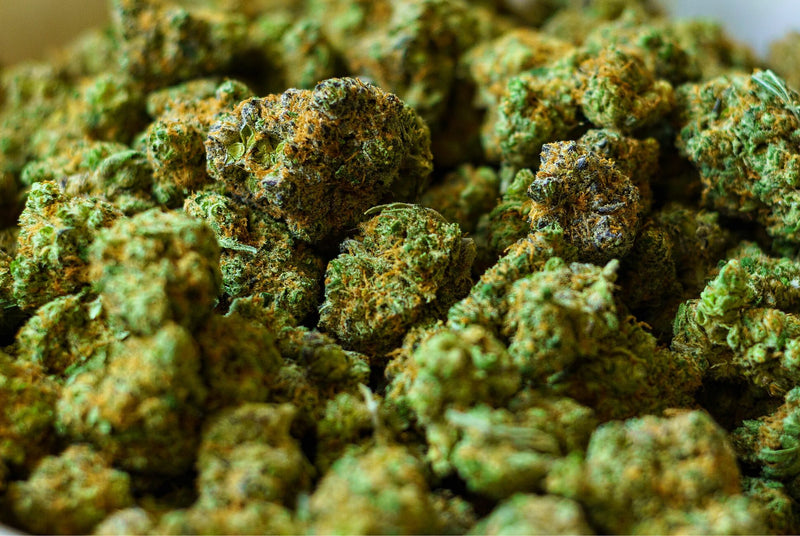
Herbal Dispatch has led Canada’s craft cannabis revolution, bringing members exclusive access to premium, small-batch products from the nation’s finest growers.

Award-winning and organically grown in living soil, Dancehall is a legacy cultivar that’s earned recognition across Canada - 2nd Place LP Flower at Unicorn Cup 2022 and 2nd Place Sativa at Karma Cup 2023. Contains: 7 grams
- Regular price
- $37.95
- Sale price
- $37.95
- Regular price
-
- Unit price
- per
Brands We Love
Best Sellers
Blog

#163: Cannabis for Migraines:
A New Approach to Lasting Relief
If you've ever experienced a migraine, you know it's far more than just a bad headache. A migraine attack can completely derail your day and last hours or even days. And for those who suffer from chronic migraines, these attacks can occur multiple times a week, making it difficult to maintain a normal daily routine.
For the 5 million Canadians who are affected by migraines, finding relief often means cycling through multiple medications, dealing with side effects, and accepting that some days will simply be lost to pain.
But what if there was a different approach? An increasing number of migraine sufferers are turning to cannabis as a complementary or alternative treatment, and the research is beginning to back up what anecdotal evidence has suggested for years: certain cannabinoid profiles and consumption methods can significantly reduce both the frequency and severity of migraines.
Why traditional treatments fall short

Migraines are defined as recurring headaches that cause severe pain along with other symptoms such as nausea, sensitivity to light and sound, and visual disturbances. They are believed to be caused by changes in blood flow and nerve impulses in the brain.
Conventional migraine treatments fall into two main categories: acute medications to stop an attack once it starts (like triptans and NSAIDs) and preventative medications taken daily to reduce their frequency (like beta-blockers or antidepressants). While these options help many, they aren’t without their drawbacks.
Acute migraine medications work by constricting blood vessels or blocking pain signals, but they’re only effective if you take them at the very first sign of an attack. Miss that narrow window, and you’re often left to just ride it out. On the other hand, preventative medications require daily use and can come with side effects that sometimes feel just as disruptive as the migraines they’re meant to treat.
It’s no wonder many migraine sufferers, particularly those with chronic migraines (15 or more headache days per month), feel trapped in an exhausting cycle of trial and error, switching medications, and managing cumulative side effects.
A new path to migraine relief
So, how does cannabis approach migraines differently? Instead of just masking pain or constricting blood vessels like conventional treatments, cannabis interacts with the body's endocannabinoid system (ECS). This internal network helps regulate key functions like pain perception, inflammation, and neurological balance, offering a more holistic approach to relief.
The ECS actually plays a direct role in how migraines develop. Emerging research suggests that some sufferers may have a dysregulated endocannabinoid system, and plant-based cannabinoids can help restore that essential balance.
CBD (cannabidiol) is the non-intoxicating cannabinoid that has gained the most attention for migraine management. Known for its anti-inflammatory properties, CBD can modulate pain perception without producing a high. For many, integrating a CBD-dominant product into a regular routine can help reduce both the frequency and intensity of migraine attacks.
THC (tetrahydrocannabinol) plays a different, yet equally important, role. Known for its potent pain-relieving and anti-nausea effects, THC can offer more immediate relief during an active migraine. Many users find that consuming a THC-dominant product at the first sign of a migraine can help stop the attack in its tracks.
For many migraine sufferers, the ideal balance is often a 1:1 THC to CBD ratio or a CBD-dominant option (10:1 or higher), depending on whether it’s for prevention or immediate relief.
Matching method to migraine type
Depending on the type of migraine you experience, different methods of consumption may be more effective.
For acute migraine attacks: For fast relief, vaporization or smoking is often the go-to method. With an onset time of just one to five minutes, it can help stop a migraine in its tracks before it fully takes hold. Many users find this is the most effective way to manage an active attack.

For prevention: To reduce the frequency of migraines over time, many people turn to edibles, tinctures, or capsules. Taking a consistent daily dose can help prevent migraines from starting. Much like other preventative medications, this approach works best when used consistently over weeks and months.
For a combined approach: Some people use both methods. They might take a daily CBD-dominant tincture or edible for long-term prevention, and then vape or smoke a balanced THC:CBD product at the first sign of an attack for immediate relief.
The key is experimentation. Everyone's ideal method and cannabinoid ratio will be different, so it may take some trial and error to find what works best for you. Don't be discouraged if you don't find the perfect routine right away.
Cannabis isn't a universal cure for migraines, and individual responses vary significantly. Some people experience dramatic relief; others notice modest improvements. Personal factors like genetics, migraine type, existing medications, and overall health all influence how effective cannabis will be for you.
If you're considering cannabis for migraine management, start slowly with small doses, track your migraine frequency and intensity before and after, and give it time. Preventative benefits often take 4-6 weeks of consistent use to become apparent.
From surviving to thriving
For the millions of Canadians living with migraines, cannabis offers a fresh perspective on breaking the cycle of pain. Instead of just masking symptoms, it works alongside your body’s natural regulatory systems to help reduce both the frequency and intensity of attacks.
If you're looking for long-term prevention, quick relief, or an alternative to traditional medications, cannabis may be worth considering. Combined with lifestyle changes and trigger management, it can be an effective tool to help you regain days often disrupted by pain.
Your life shouldn't have to revolve around the next attack. If you’re looking for a more intentional approach to management, it might be time to see what cannabis can do for you.

Membership Has Its Privileges
As a member, you will enjoy receiving:
Already a member? Login here
















